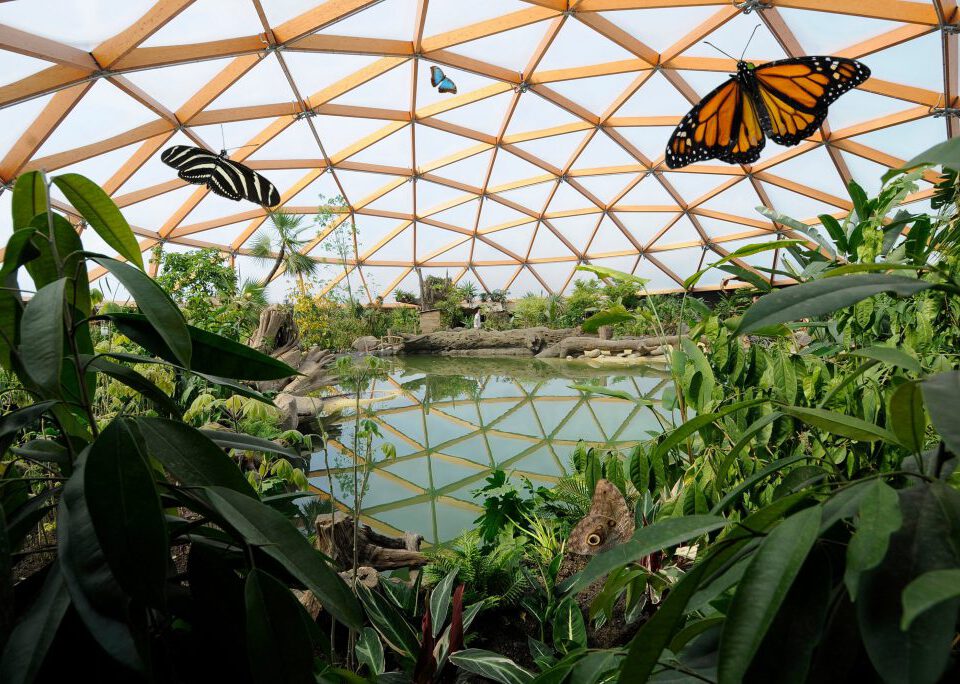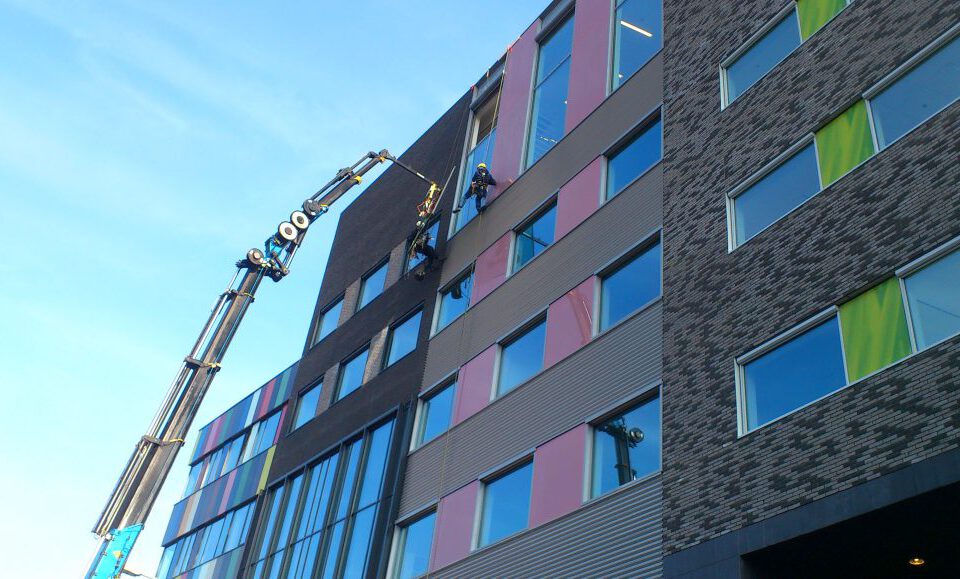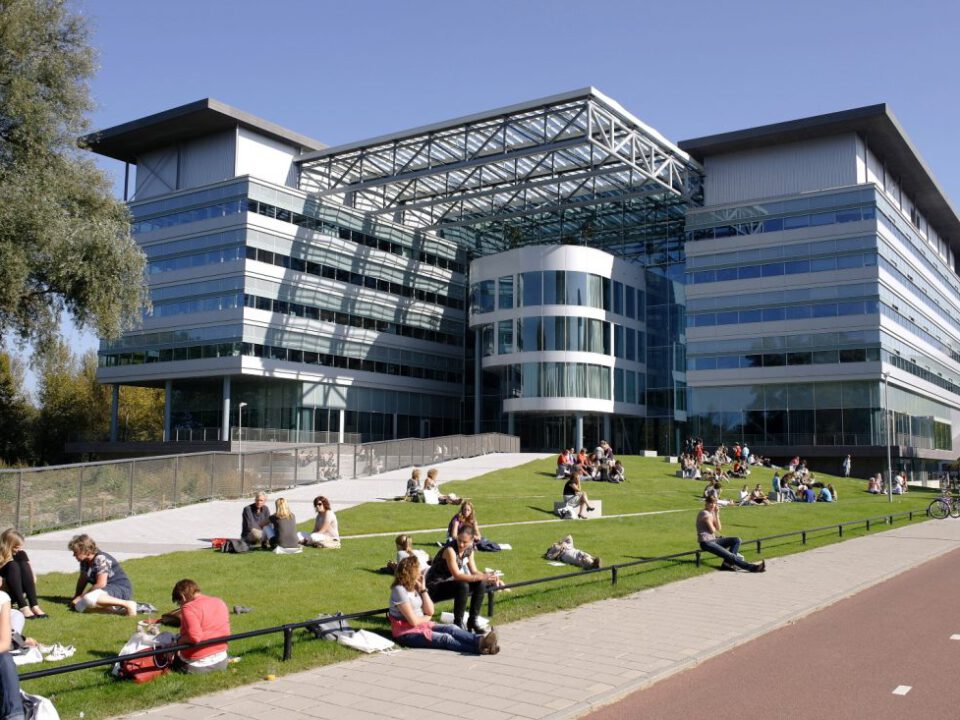Commissioned by the Central Government Real Estate Agency (Rijksvastgoedbedrijf), DIVB Real Estate oversaw the complex and carefully coordinated transition of the technical management of the Rijksmuseum buildings in Amsterdam. This transition involved transferring responsibility for the ongoing maintenance, operation, and technical oversight of the museum’s facilities from the Central Government Real Estate Agency to the Rijksmuseum’s own internal organization.
The Rijksmuseum, as the national museum of the Netherlands, houses a world-renowned collection of art and history and is located in a monumental 19th-century building designed by Pierre Cuypers. Managing such a heritage-listed building requires not only technical expertise, but also sensitivity to the preservation of its architectural and cultural value. Throughout the transition, DIVB Real Estate played a critical role in ensuring that the integrity of both the building and its installations was preserved.
During both the preparatory phase and the actual transition, DIVB Real Estate acted on behalf of the Central Government Real Estate Agency to carry out full technical management and coordinate maintenance activities. This included overseeing inspections, planning preventive and corrective maintenance, monitoring energy performance, ensuring safety and compliance with building codes, and managing contracts with technical service providers.
The transition process was not merely a change in responsibility, but part of a broader strategic shift in which Dutch national museums are given more autonomy in managing their own real estate. This approach allows institutions like the Rijksmuseum greater flexibility and control over their facilities, aligning the technical management more closely with their specific operational and cultural requirements.
Even after the formal transfer, DIVB Real Estate continues to assist both the Rijksmuseum and the Central Government Real Estate Agency. This ongoing support focuses particularly on the legal and administrative aspects of the handover, including compliance with regulations such as the Dutch Building Decree (Bouwbesluit), Occupational Health and Safety Act (Arbowet), and guidelines for the management of monumental heritage. Furthermore, DIVB Real Estate advises on optimizing long-term maintenance strategies and sustainability goals, ensuring that the museum can operate safely, efficiently, and in accordance with national standards for public buildings.
This successful collaboration between public and cultural institutions exemplifies how transitions in technical management can be achieved without compromising operational continuity, public access, or the conservation of irreplaceable cultural heritage.





